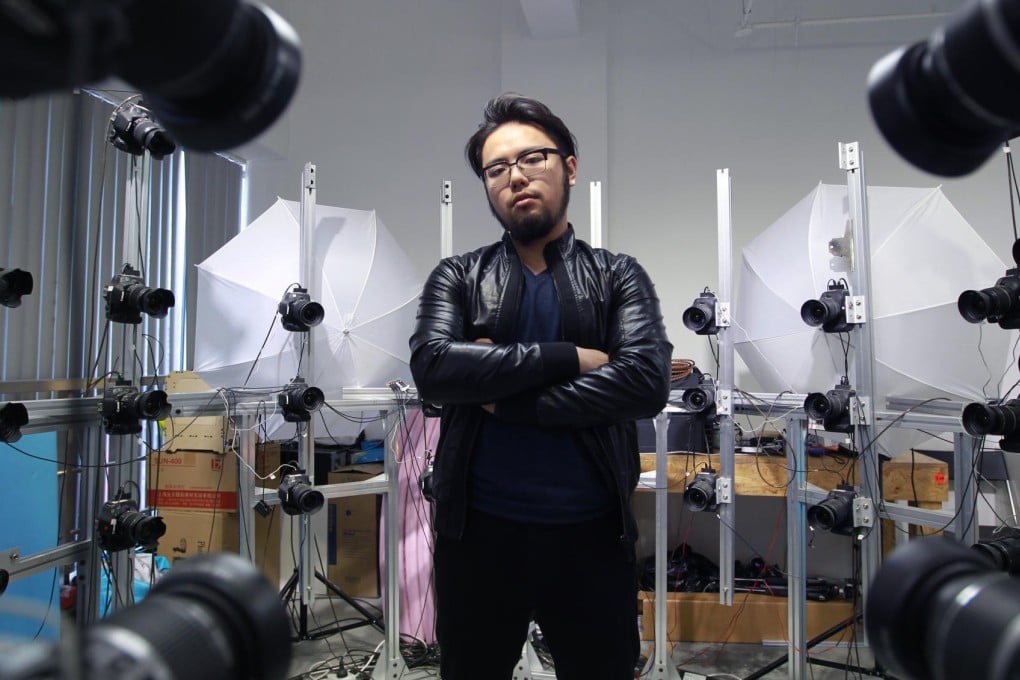Entrepreneur is a mover and maker: Justin Wang Shenglin
Founder of Beijing Makerspace unites people who want to make cool stuff

Makerspaces are community workshops taking off in the US, Europe and elsewhere. They provide a place for people with common interests - often geeky ones like computer science, electronic art or making gadgets - to meet, share ideas and turn their inspiration into reality. Justin Wang Shenglin , 25, is a co-founder of Beijing Makerspace.
We are a social enterprise. We organise fun workshops, seminars and other events for people who'd like to turn their ideas into physical prototypes or products. Most of our activities are open to the public, while a few are for members only. People who join us come from all walks of life: IT engineers, programmers, designers, artists, students - even psychologists. The thing they have in common is a desire to make cool stuff.
Every quarter, we organise a "48-hour hackzone" event. We set up a theme and invite people from different industries to work out something around it. Five people form a team: they meet on Friday, figure out an idea and turn it into something real over the weekend. Our most recent hackzone was organised jointly with Intel. The theme was "Internet of Things (IOT)". Members designed an intelligent bracelet, powered by Bluetooth and wi-fi, for blind people. Users wear a bracelet on each wrist - they tell the bracelets where they want to go and the device guides them to the left or right by vibrating one of the bracelets.